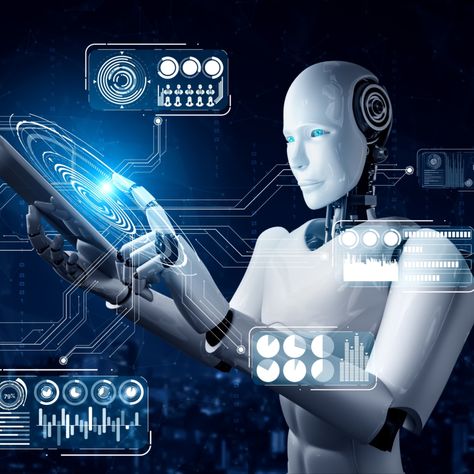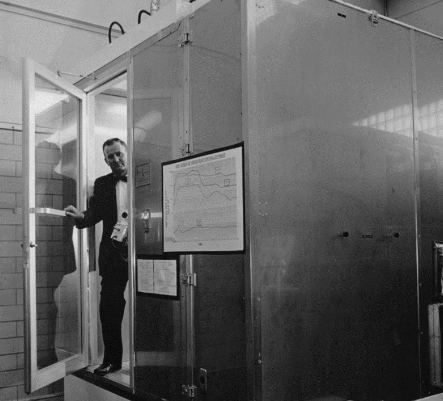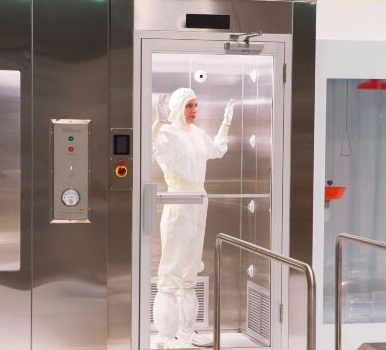In the vast landscape of healthcare and pharmaceuticals, the convergence of artificial intelligence (AI) and life sciences has emerged as a game-changer. This dynamic intersection is reshaping the way we approach drug discovery, personalized medicine, and overall healthcare solutions. Let’s delve into how AI is revolutionizing these critical aspects of the life sciences industry.
Enhancing Drug Discovery
Traditionally, drug discovery has been a time-consuming and costly process, often taking years and significant resources to bring a new drug to market. However, AI-driven approaches are expediting this process by streamlining various stages of drug development.
1. Data Analysis: AI algorithms can efficiently analyze massive datasets, including genetic information, clinical trial data, and scientific literature. By identifying patterns and correlations in this vast amount of information, AI accelerates the identification of potential drug candidates and their mechanisms of action.
2. Virtual Screening: AI-powered virtual screening techniques help researchers sift through millions of chemical compounds to identify those with the highest probability of success as potential drug candidates. This approach significantly reduces the time and resources required for experimental testing in laboratories.
3. Predictive Modeling: AI models can predict the safety and efficacy of potential drugs, thereby guiding researchers in selecting the most promising candidates for further development. This predictive capability minimizes the likelihood of costly failures in later stages of drug development.
Personalized Medicine
One of the most promising applications of AI in life sciences is the advancement of personalized medicine. By leveraging AI algorithms to analyze individual patient data, including genetic information, lifestyle factors, and medical history, healthcare providers can tailor treatment plans to the specific needs of each patient.
1. Predictive Diagnostics: AI algorithms can analyze complex datasets to identify patterns associated with disease onset and progression. This enables early disease detection and intervention, leading to improved patient outcomes.
2. Treatment Optimization: AI-driven predictive modeling can help healthcare providers determine the most effective treatment strategies for individual patients based on their unique characteristics. This personalized approach minimizes trial-and-error in treatment selection, optimizing patient outcomes while reducing adverse effects.
3. Precision Drug Delivery: AI-powered systems can analyze real-time patient data to optimize drug dosing and delivery, ensuring precise and targeted treatment administration. This not only enhances treatment efficacy but also minimizes the risk of adverse reactions.
Transforming Healthcare Solutions
Beyond drug discovery and personalized medicine, AI is transforming various aspects of healthcare delivery and management.
1. Health Monitoring: AI-powered wearable devices and remote monitoring systems enable continuous health monitoring, allowing for early detection of health issues and timely intervention.
2. Medical Imaging: AI algorithms can analyze medical imaging data, such as MRIs and CT scans, to assist healthcare providers in more accurate and efficient diagnosis of diseases, including cancer and neurological disorders.
3. Drug Repurposing: AI-driven approaches can identify existing drugs that may be repurposed for the treatment of different diseases, accelerating the availability of new treatment options and reducing development costs.
In conclusion, the intersection of artificial intelligence and life sciences is ushering in a new era of innovation and transformation in drug discovery, personalized medicine, and healthcare delivery. As AI technologies continue to evolve, their impact on the life sciences industry will undoubtedly grow, leading to improved patient outcomes, reduced healthcare costs, and ultimately, a healthier future for all.



